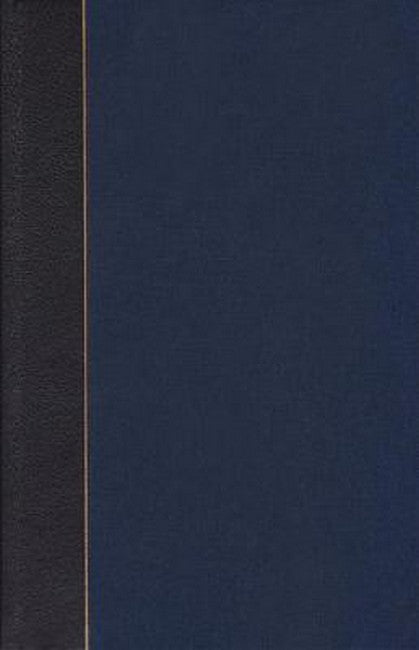Rudolf Steiner (1861-1925) was born in the small village of Kraljevec, Austro-Hungarian Empire (now in Croatia), where he grew up. As a young man, he lived in Weimar and Berlin, where he became a well-published scientific, literary, and philosophical scholar, known especially for his work with Goethe's scientific writings. At the beginning of the twentieth century, he began to develop his early philosophical principles into an approach to systematic research into psychological and spiritual phenomena. Formally beginning his spiritual teaching career under the auspices of the Theosophical Society, Steiner came to use the term Anthroposophy (and spiritual science) for his philosophy, spiritual research, and findings. The influence of Steiner's multifaceted genius has led to innovative and holistic approaches in medicine, various therapies, philosophy, religious renewal, Waldorf education, education for special needs, threefold economics, biodynamic agriculture, Goethean science, architecture, and the arts of drama, speech, and eurythmy. In 1924, Rudolf Steiner founded the General Anthroposophical Society, which today has branches throughout the world. He died in Dornach, Switzerland. Karl Ernst Zimmer (1927--2019) immegrated to the United States in 1946, having lived in Germany, Switzerland, and Turkey as a youth, and already fluent in German, Turkish, and French, and having a background in Greek, Latin, and English. He studied at the University of Chicago as an undergraduate in 1947 and became a U.S. citizen in 1953. He did graduate studies at Columbia, where he received a PhD in 1963. Karl's long career was centered at U.C. Berkeley, where he was appointed in 1965 as an assistant professor in the Department of Linguistics, rising to the rank of professor and remaining there until his retirement in 1991. Karl was also a witty poet of short, pithy poems in both German and English. Karl was married to Suzanne Clements, with whom he had two children. Thomas O'Keefe discovered Anthroposophy while studying philosophy at Kenyon College in Gambier, Ohio, where he graduated with a bachelor's degree in 2007. He founded the newsletter Deepening Anthroposophy in 2012, has been a student at the Seminary of the Christian Community in North America, has done editing and translating work for SteinerBooks, Temple Lodge Publishing, Wynstones Press, Occident Verlag, and Inner Work Books, and has been a coworker at the Ita Wegman Institute for Basic Research into Anthroposophy in Arlesheim, Switzerland. He currently works as the editorial director of Chadwick Library Edition, a project that aims to publish new or revised translations of twelve of Rudolf Steiner's core written works in special hardcover editions. Jon McAlice is a freelance designer and consultant, focusing on the creative use of time and space. A co-founder of the Center for Contextual Studies, his research in contemporary education (contextualization, the experience of meaning, the role of self-directed activity in learning) has born fruit throughout the Waldorf educational movement in the growing recognition of the signi ficance of direct experience in the learning process.

